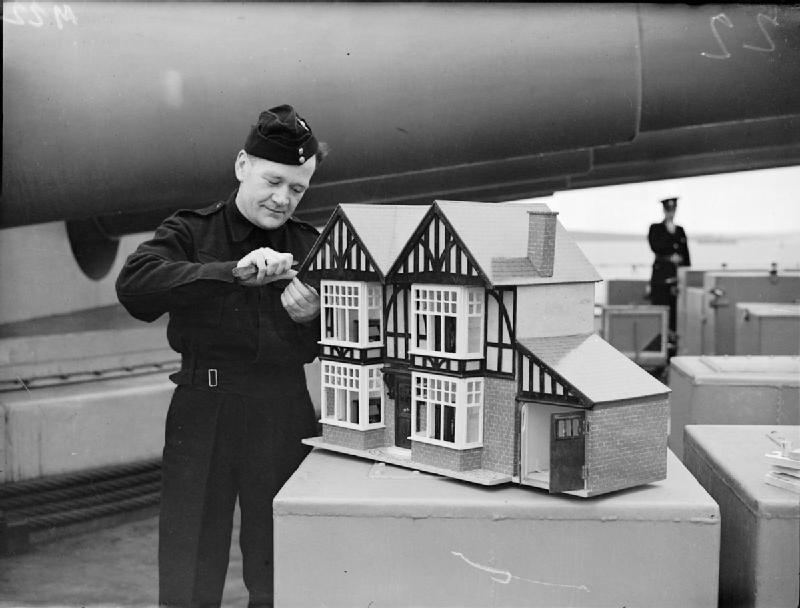Small funders, through their ability to provide grants quickly and personally, can make a difference in a way that larger foundations simply cannot because of their more cumbersome bureaucratic procedures.
A few weeks ago, hundreds of philanthropists gathered for the Exponent Philanthropy National Conference in Washington, D.C. Founded in the 1990s as the Association of Small Foundations, Exponent Philanthropy consists of “donors, trustees, and philanthropic professionals who choose to give big by staying small, working with few or no staff to make the most of their resources.”
Small philanthropy is integral to the American civic tradition. It is certainly integral to the civic tradition in my hometown of Puyallup, Washington. I serve on the board of one small foundation, an offshoot of the Kiwanis Club of Puyallup that over the years has raised an impressive number of donations and estate gifts from club members, mostly to benefit children in our town. Many of the gifts are designated scholarships for local high school graduates. Recently we approved grants for playground enhancements in the downtown park, a scholarship program for minority students in our county, a facility upgrade at the local library, and support for the food bank.
Every second Wednesday of the month the board gets together at the fire station in the evening to review our financials, consider grant applications, and discuss various ways to improve our community. We have no staff, and we really have no need for one. Each board member has been deeply connected to the life of the community for many years. Board members have longstanding personal ties to many of the organizations they choose to fund.
Small philanthropies are “agile, close to the ground, and responsive to their community’s needs,” wrote Exponent Philanthropy CEO Henry Berman in the announcement of his organization’s name change earlier this year. “They are passionate and knowledgeable about the causes they choose to fund. Their giving is decidedly personal.”
Other small grant-making foundations in Puyallup are the result of individual fortunes made in small or medium-sized businesses. Local business owners who become philanthropists have already spent much of their lives connected to particular places, building their professional and personal networks in close contact with two or three generations of community builders and givers. Philanthropic commitments pass within families from one generation to the next
Small foundation leaders are “lunchbucket philanthropists,” Berman told Rick Cohen of Nonprofit Quarterly. They can get on the ground with their beneficiaries. Small foundations are less concerned with metrics and more concerned with relationships. They tend to make smaller grants, but they also have smaller administrative burdens to bear. They can stretch their dollars to make a real impact on their communities. According to Cohen, “these small funders, through their ability to provide grants quickly and personally, can make a difference in the social dynamics that many larger foundations simply cannot address through their more cumbersome bureaucratic procedures.”
Small philanthropies “have the freedom to take thoughtful risks,” Berman told Cohen. Describing a recent webinar on small foundation investment in the civil rights movement of the 1950s and 1960s, Cohen writes, “It’s the small funders who will often pay attention to issues and places that larger funders seem wont to overlook.”
But it isn’t just the small foundations who see value in more personalized models of giving. The big foundations have been turning more of their attention to local giving. A few months ago, the Aspen Institute convened over 50 philanthropists from foundations large and small to discuss “place based philanthropy.” There’s a “welcome trend towards supporting communities and places of high need,” said the Aspen convening paper.
Exponent’s latest conference continues this trend. Ellen Remmer of The Philanthropic Initiative summarizes parts of the conference at Alliance Magazine: “[I]t is always refreshing to be around philanthropists and staff who have very muddy boots, know their communities and the organizations they fund very well, and are not afraid to take significant risks to try to get the job done.”
The Kiwanis Foundation and other little foundations in Puyallup fit Remmer’s description nicely. Try as big foundations might to glean best practices from the small foundations, it would be tough to match the intensity of philanthropic commitment and the depth of local expertise among neighbors who are committed together to their hometown. Even for small foundations that invest in special interests beyond one place, the advantages remain noteworthy. They really do “give big by staying small.”







1 thought on “Give big by staying small”